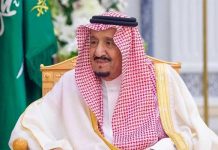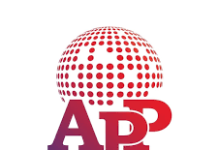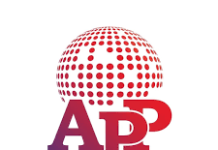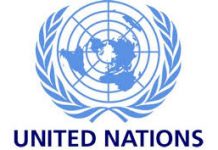The International Monetary Fund’s (IMF) resident representative in Islamabad, Esther Perez Ruiz, said on Monday that policy commitments made by the government to resume the support programme continue to apply.
“Policy commitments made by the Pakistani authorities as part of the seventh and eighth reviews under their IMF-support programme continue to apply,” she told Reuters. She said policy discussions, including how to target support to those affected by the floods while maintaining macroeconomic stability, will commence in the coming weeks after the damage assessment report becomes available. The IMF official made the comments in response to a question if the recent reduction in fuel prices had been discussed with the lender.
The international lender’s statement comes after the Finance Minister Ishaq Dar, who took over the reign from his party member Miftah Ismail as the finance czar last week, reduced the prices of all petroleum products for the next fortnight by around five per cent – reversing a policy of raising prices monthly through added levies to ensure enhanced revenues as agreed with the IMF. Dar said imposing additional levies was not justified as the country struggled with catastrophic floods that have killed more than 1,600 people and inflicted at least $30 billion in damages. “I have been dealing with the IMF for the last 25 years; I will deal with it,” he said, referring to any potential reservations by the lender.
Dar’s statement had come in response to his predecessor’s criticism, who termed the move to slash fuel prices by reducing levy sans IMF approval as “reckless”. Dar responded by advising Ismail not to worry as he knew how to deal with the international lender. “Maybe Miftah sahab was comfortable (in burdening the public). But I’ve been dealing with the IMF for 25 years. I’m the only humble person who’s completed an IMF programme. Miftah sahab or anyone else shouldn’t worry… it’s between me and the IMF,” he said during an interview on Geo News.
Dar said Ismail should simply call him to seek clarity instead of making public statements. “He should’ve called me.
I would’ve told him that’s Solution No 1, that’s Solution No 2 and that’s Solution No 3,” he advised Ismail, a PhD economics from the University of Pennsylvania, in a patronising tone. “Prime Minister Shehbaz Sharif himself told me that during the United Nations General Assembly session, where Miftah was also present, that he proposed IMF officials freeze taxes to which they did not refuse,” Dar added.













